 A scientist who sued his employer for millions of dollars has earned two more retractions, for papers that had already been flagged by the journal.
A scientist who sued his employer for millions of dollars has earned two more retractions, for papers that had already been flagged by the journal.
By our count, Rakesh Kumar now has five retractions and multiple corrections.
Kumar sued his employer, George Washington University, for $8 million, alleging emotional distress when they put him on leave from his position as department chair following a finding of misconduct. That suit was settled last year, for undisclosed terms.
The two newest retractions in the Journal of Biological Chemistry — which tagged the papers with Expressions of Concern last year — both state that, according to Kumar, the problematic figures were assembled by “specific co-authors” — unnamed — in his lab. Here’s the first notice:
Continue reading Scientist who sued university earns two more retractions, bringing total to five

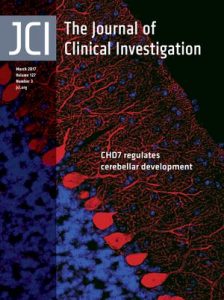
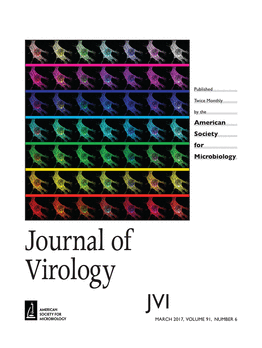 A group of researchers in France has been forced to retract their 2002 article in the
A group of researchers in France has been forced to retract their 2002 article in the 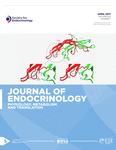 It would seem that resorting to legal means to avoid editorial notices doesn’t always work.
It would seem that resorting to legal means to avoid editorial notices doesn’t always work. Two blog posts are shining additional light on a recent retraction that included some unanswered questions — namely, the identity of the researcher who admitted to manipulating the results.
Two blog posts are shining additional light on a recent retraction that included some unanswered questions — namely, the identity of the researcher who admitted to manipulating the results.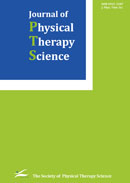
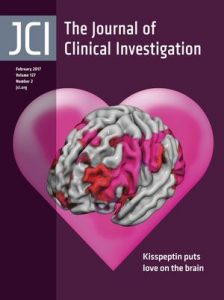
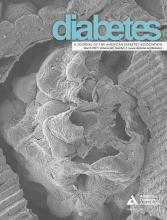
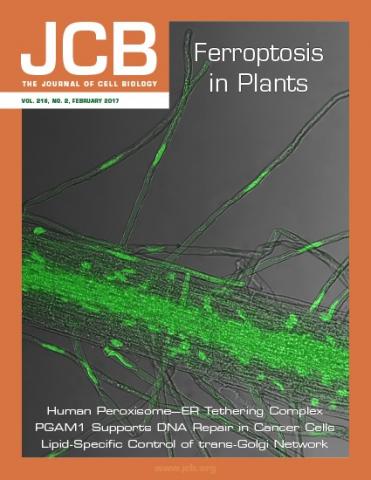 A researcher in Switzerland has retracted her 2015 paper in the Journal of Cell Biology, saying the first author — her former postdoc — admitted to fabricating multiple aspects of the paper.
A researcher in Switzerland has retracted her 2015 paper in the Journal of Cell Biology, saying the first author — her former postdoc — admitted to fabricating multiple aspects of the paper.